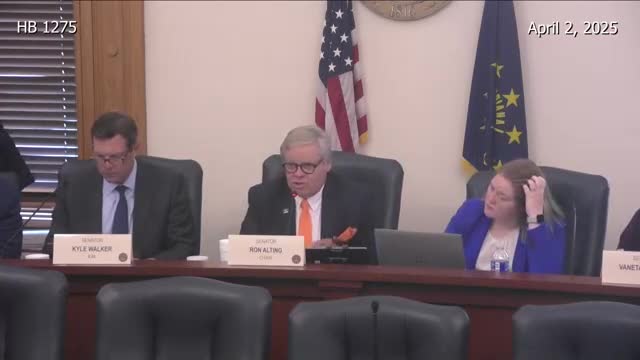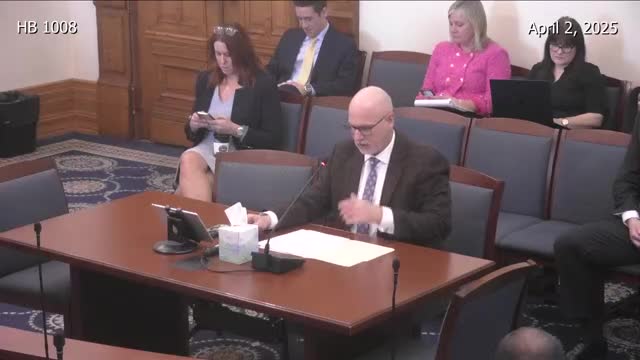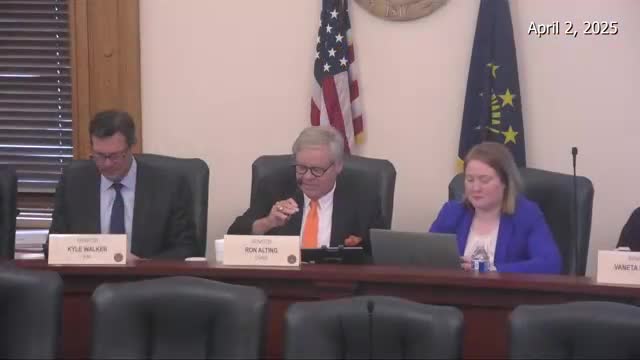Article not found
This article is no longer available. But don't worry—we've gathered other articles that discuss the same topic.

Committee advances ATC agency bill with bans on flavored nitrous oxide and nicotine-analog products; technical changes included

Committee approves bill to study transferring up to 33 Illinois counties to Indiana; amendment expands study commission

